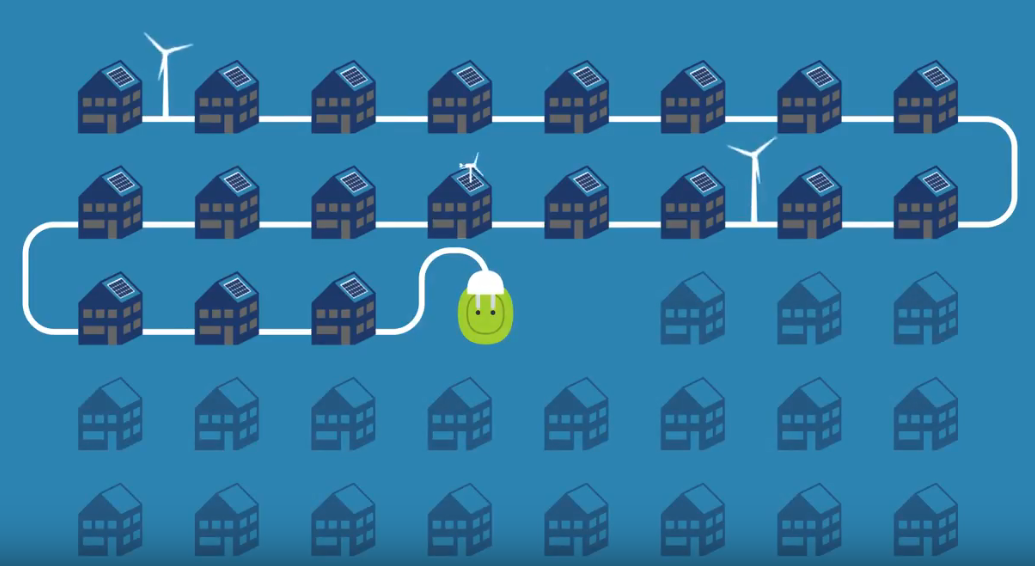The REScoop Model
What is a REScoop
REScoops are energy cooperatives - officially recognised in the EU’s Clean Energy Package as ‘citizen’ and ‘renewable’ energy communities - a business model where citizens jointly own and participate in renewable energy or energy efficiency projects. REScoops do not necessarily have the legal statute of a cooperative, but they distinguish themselves by the way they do business.
They typically respect 7 principles outlined by the International Cooperative Alliance, which is why we strongly believe that REScoops are leading the energy transition to energy democracy. The principles are:
- Voluntary and Open Membership
- Democratic Member Control
- Economic Participation through Direct Ownership
- Autonomy and Independence
- Education, Training and Information
- Cooperation among Cooperatives
- Concern for Community
All citizens are eligible to join a REScoop. After purchasing a cooperative share and becoming a member or co-owner of local renewable energy or energy efficiency projects, members share in the profits and are usually given the opportunity to buy the electricity at a fair price. In addition, members can actively participate in the cooperative: They can decide where the REScoop should invest, and are consulted when setting the energy price.
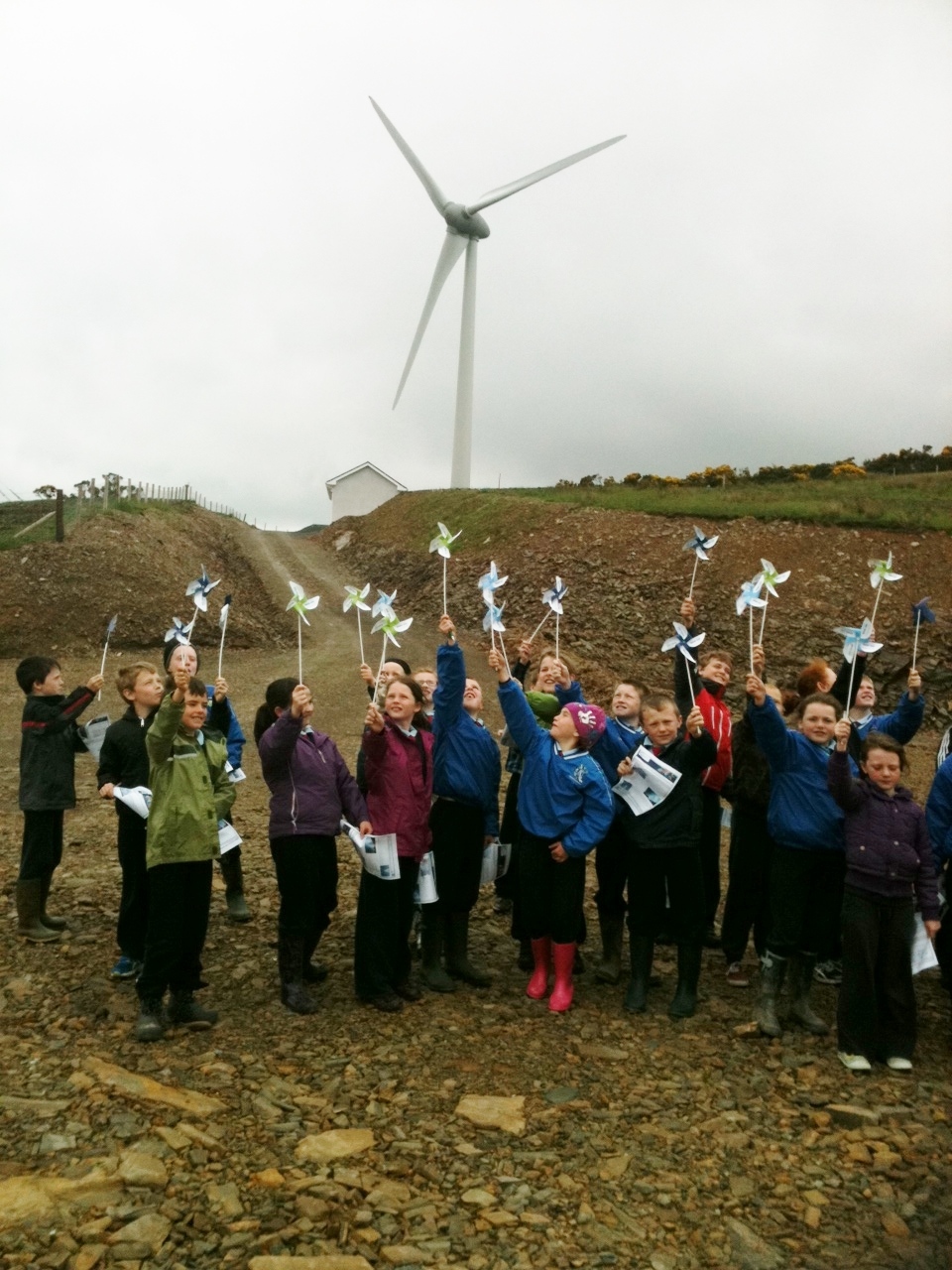
Benefits
The REScoop model has many advantages. The most important ones are listed below.
- REScoops keep money in the local economy. REScoops use local energy sources and include local citizens. This way, they keep money within the local community that would otherwise flow out to external investors. In addition, REScoops stimulate local employment and boost the local economy.
- REScoops foster social acceptance for renewable energy. Local opposition to renewable energy projects (typically wind turbines) decreases when citizens are given the opportunity to invest in and co-own the production installations. This is especially true when local citizens are involved from the very start of the project, share in the profits, and have access to clean energy at a fair price.
- REScoops keep the individual investment affordable. Not everyone has a roof suitable for solar panels, nor does everyone have the financial capacity to make such an investment. REScoop production installations are typically owned by a large group of citizens, keeping the individual investment affordable.
- REScoops benefit the local community. REScoops have a clear concern for the community. They usually share part of the profits with their members and use the rest to develop new projects or benefit the local community as a whole. Some REScoops for example have financed the construction of a local sustainable concert hall, while others built a charging point for electric bicycles. This way, all citizens benefit from the projects and the profits that the REScoops generate.
- REScoops take action on energy. The revenues that result from renewable energy projects are often used to finance energy efficiency measures in public buildings. Some REScoops have paid for insulation material for public buildings, while others pay the wage of a local energy expert who helps citizens and the local municipality improve their overall energy efficiency.
Activities
REScoops look into all aspects of the energy transition including electricity (production, supply, grid management, etc.), energy savings, heating & cooling and transportation. All across Europe, citizens are taking action, and many have recognised the importance of teaming up with their municipalities.
Collaboration with municipalities
With the publication of the Sustainable Development Goals (SDGs) back in 2015, the United Nations explicitly recognised the role of local authorities in the transition towards a more sustainable future. To empower cities and communities in taking local climate and energy action, the European Commission further launched the Covenant of Mayors, a growing network of over 7,000 local and regional authorities from across 57 countries worldwide. The Covenant of Mayors offers technical and methodological support to write and implement sustainable energy and climate actions plans.
Unfortunately, lack of technical expertise, insufficient budget and public support often stands in the way of a successful implementation of the cities' sustainable energy and climate action plans. And that is exactly where energy cooperatives can come into play.
REScoops and municipalities are natural allies who both serve the same stakeholder: Citizens. REScoop.eu has been working with municipalities, implementing the so-called LICHT approach which builds trust between local authorities and their citizens, and builds technical expertise of the local community in order to implement community-owned energy transition projects.
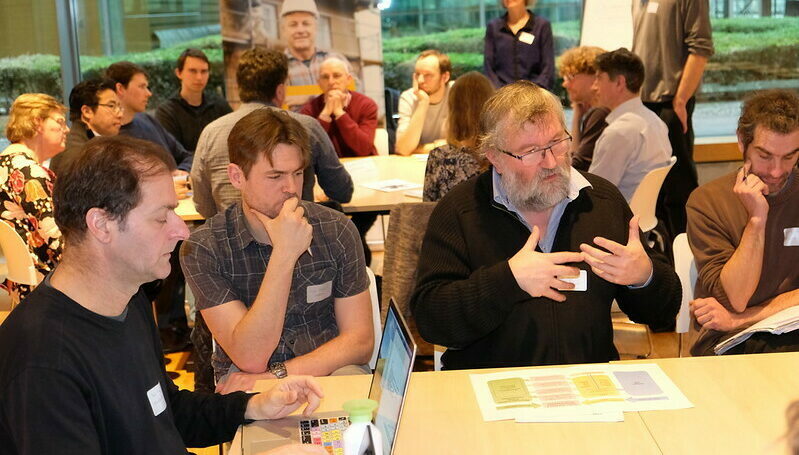
Energy efficiency
At REScoop.eu, we believe in a holistic vision of the energy system. We support a local, integrated and responsible energy system where we can collectively manage our energy production and consumption in a way that is accessible and understandable for citizens. This is why energy efficiency is so crucial: The cleanest, cheapest and most sustainable energy is the energy that is not used or needed in the first place.
To us, energy efficiency includes energy savings, energy sobriety and energy solidarity. The goal is to achieve an equilibrium between consumption and renewable production. Energy efficiency also means encouraging responsible investments by members so that they can save money on their energy bills (kilowatt-hours), particularly those who are most vulnerable. We believe that cooperative engagement is a way to empower more energy efficient behavior, regardless of wealth.
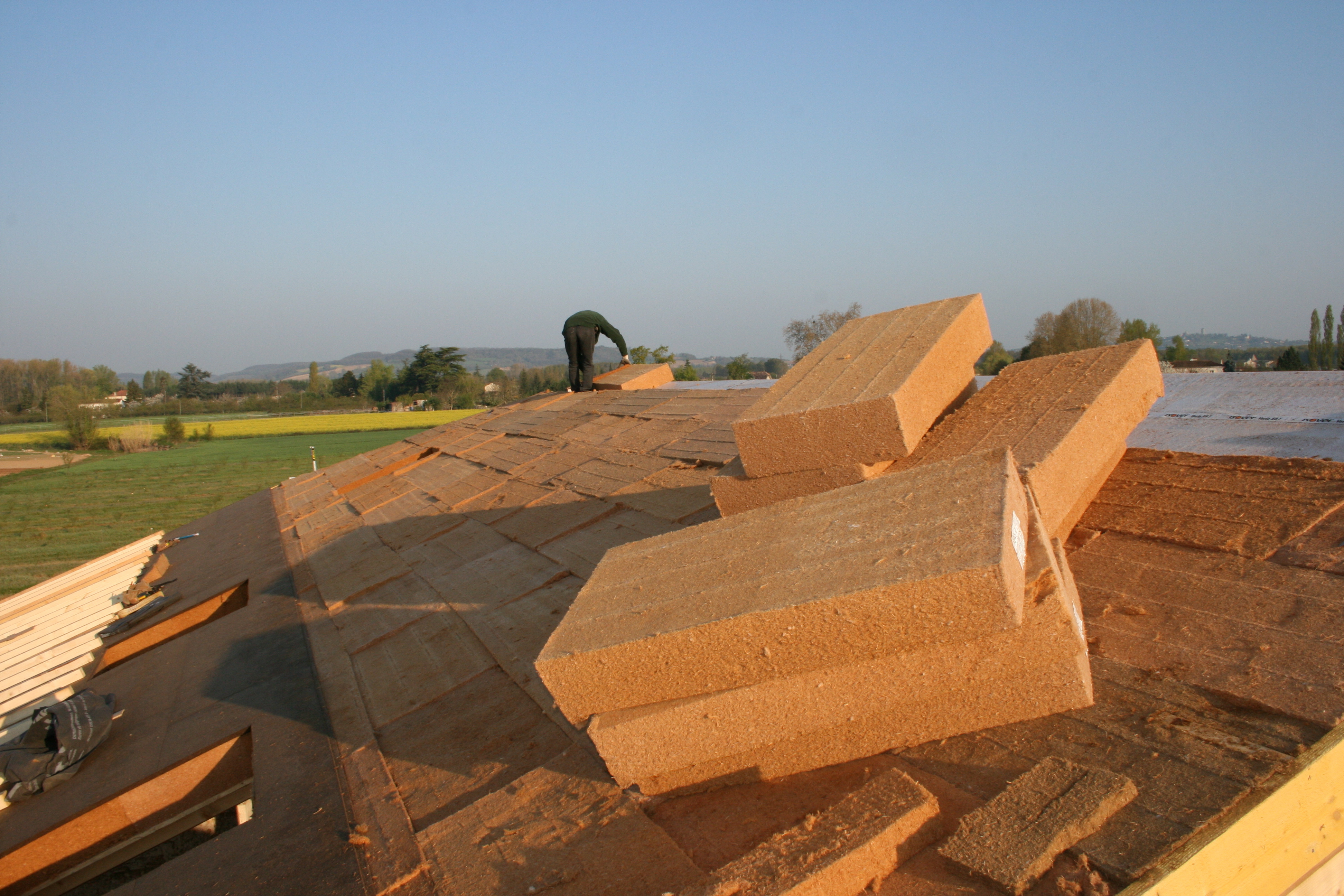
Citizen-led renovation
An important part of creating energy efficient communities is the renovation of homes and buildings. Increasingly citizen energy cooperatives are starting to offer renovation services to their members and communities. By doing this, they empower citizens and trigger an expanding citizen-led renovation movement.
By facilitating knowledge exchange and best practices among its members, REScoop.eu aims to build collaborations and support services for sustainable home renovation and community renovation strategies. To this end, a dedicated working group has been set-up, bringing cooperatives together in their quest for comfortable, energy efficient homes and healthier communities.
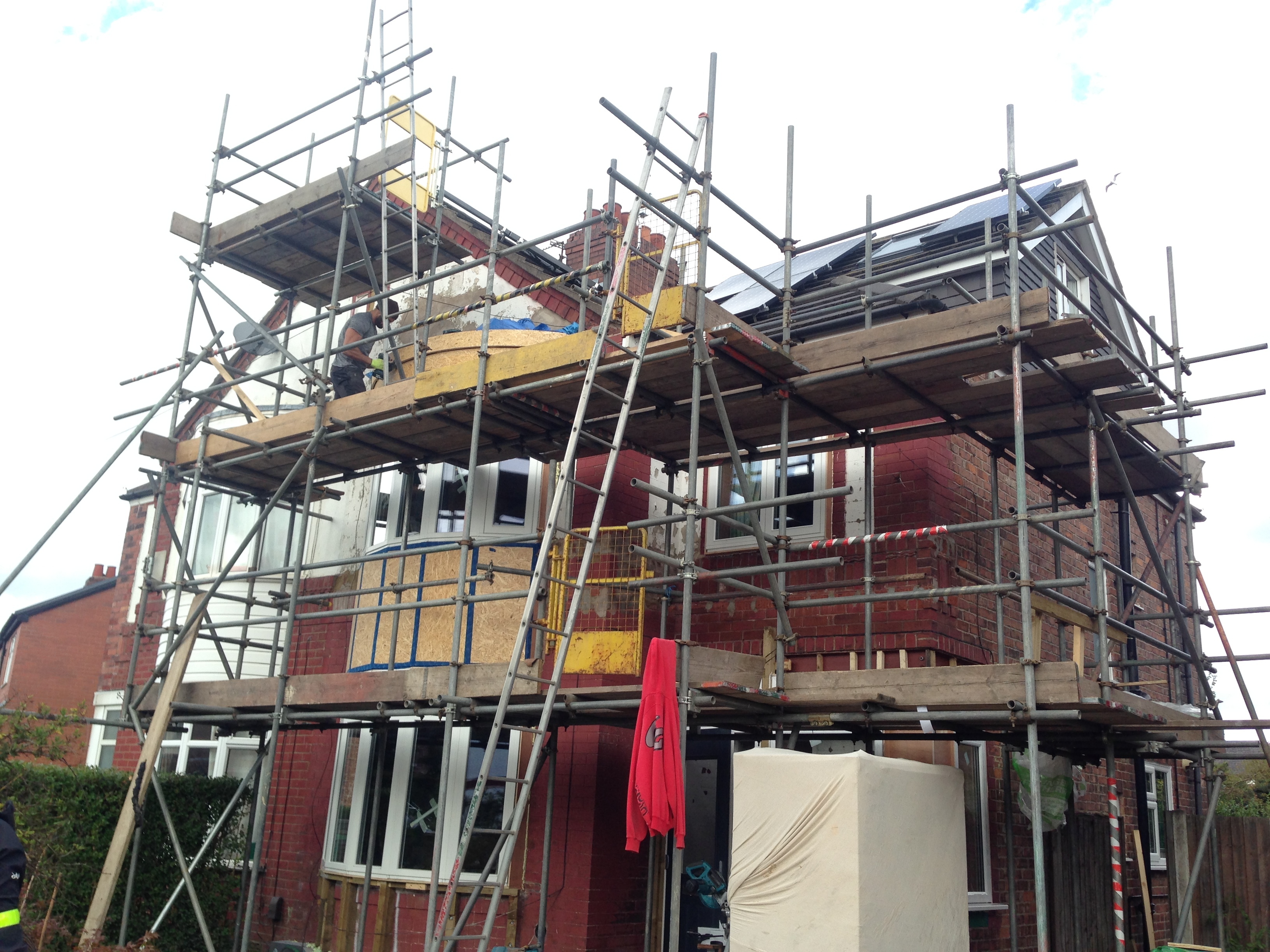
E-Mobility
In the future, electric cars will play a large role in our local electricity grids, but it is a significant challenge to roll out this technology efficiently in our local communities. We believe that by setting up European collaboration around this topic, we can find an answer to this challenge that also provides opportunities to all REScoops.
The Mobility Working Group of REScoop.eu has started working intensively together on electric car sharing. We strongly believe that together, we can accelerate the development of e-mobility in the cooperative movement. A new European co-operative Society called "The Mobility Factory SCE" is now being founded, giving REScoops the opportunity to become co-owner of a shared IT platform for car-sharing.
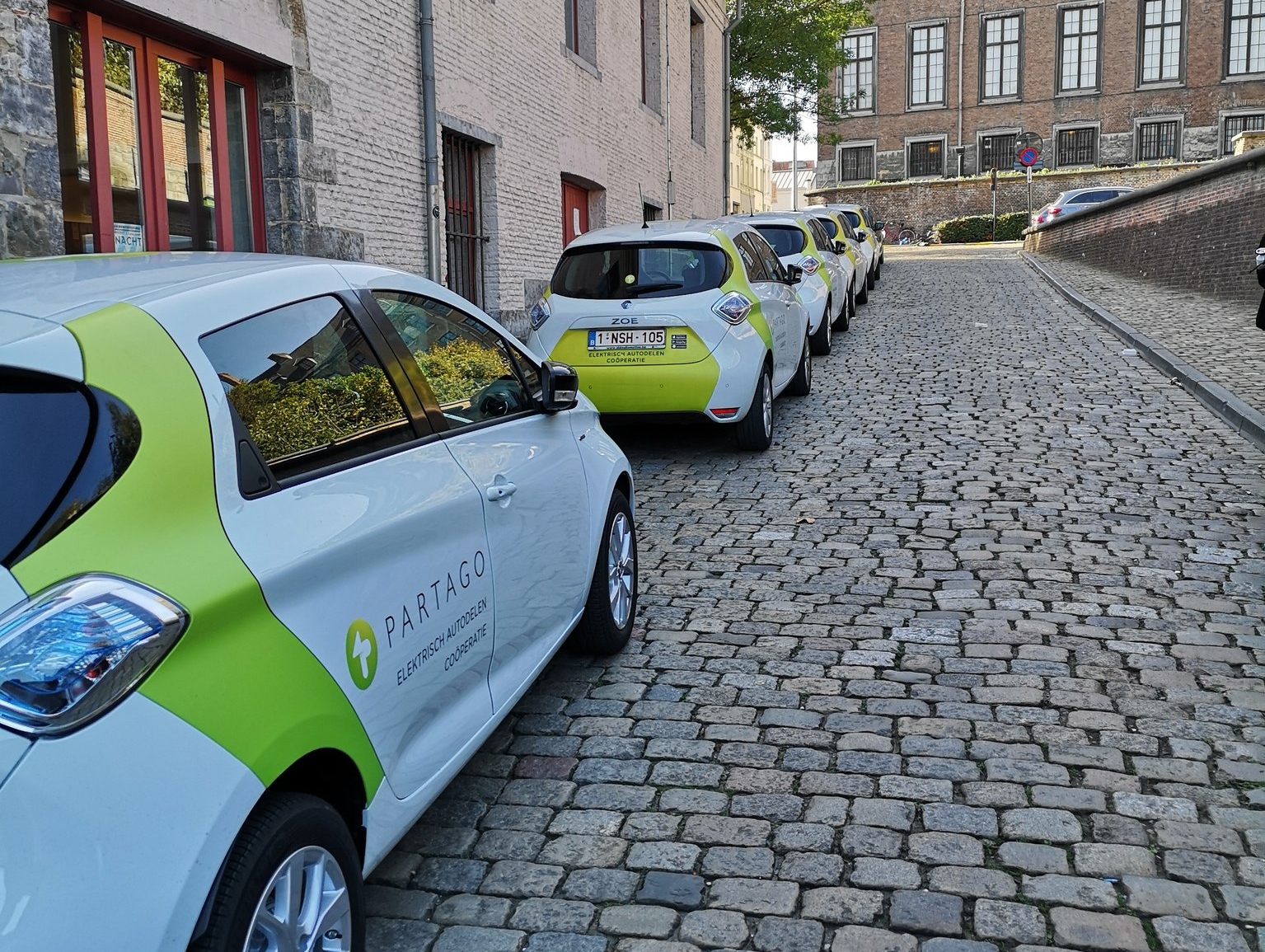
Flexibility
The fast and growing deployment of renewable energy is great news for our efforts to reduce our CO2 emissions. However, the intermittent nature of renewables and the lack of storage facilities can cause problems for the energy grid. This is why more and more cooperatives implement innovative demand response tools and novel business models. For instance, a community-based virtual power plant (cVPP) helps local energy initiatives aggregate their distributed renewables generation, and organise their consumption around when energy is most available. This helps manage the energy grid in a sustainable manner.
cVPPs also deliver benefits for citizens: They empowers citizens to become smart prosumers and participate in the energy management. cVPPs can thereby contribute to the democratisation of the energy market, and radically accelerate a fair and sustainable energy transition.
